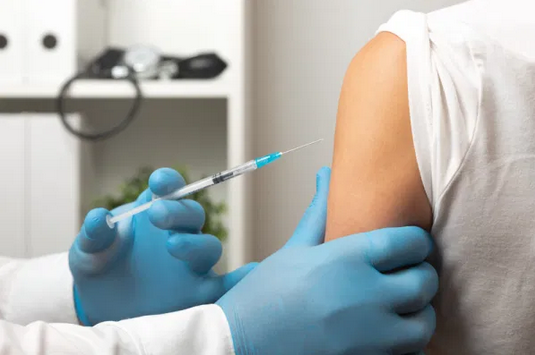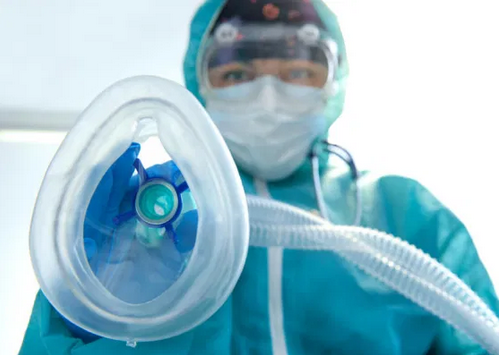Recent research based on information from 3,762 Long Covid sufferers shows most still have symptoms after 7 months. © Tero Vesalainen | Dreamstime.com - Click to enlarge The study uses patient-driven research and is based on a survey created by a team of patients with COVID-19 who are members of the Body Politic online COVID-19 support group. The group conducted its first survey in April 2020 and issued a subsequent report in May 2020. Participants were not randomly selected. They are people suffering Long Covid that volunteered to take part. The study is therefore focused on the nature and persistence of Long Covid symptoms rather than on the percentage of Covid-19 patients suffering from Long Covid. The global survey was open to individuals 18 years of age and
Topics:
Investec considers the following as important: 3.) Health, 3) Swiss Markets and News, Editor's Choice, Featured, health, Long Covid Switzerland, newsletter
This could be interesting, too:
Investec writes The global brands artificially inflating their prices on Swiss versions of their websites
Investec writes Swiss car insurance premiums going up in 2025
Investec writes The Swiss houses that must be demolished
Investec writes Swiss rent cuts possible following fall in reference rate
Recent research based on information from 3,762 Long Covid sufferers shows most still have symptoms after 7 months.
The study uses patient-driven research and is based on a survey created by a team of patients with COVID-19 who are members of the Body Politic online COVID-19 support group. The group conducted its first survey in April 2020 and issued a subsequent report in May 2020. Participants were not randomly selected. They are people suffering Long Covid that volunteered to take part. The study is therefore focused on the nature and persistence of Long Covid symptoms rather than on the percentage of Covid-19 patients suffering from Long Covid.
The global survey was open to individuals 18 years of age and older who experienced symptoms consistent with Covid-19, including those with and without positive SARS-CoV-2 diagnostic or antibody test results. Respondents first had symptoms between December 2019 and May 2020.
More than half of respondents (57%) did not seek hospital-based care for their initial symptoms. 35% visited an ER or urgent care clinic but were not admitted to a hospital, and 8% of respondents were hospitalised. Unlike critically ill Covid patients, the majority of the patients in this group were young. 60% were aged between 30 and 49, and another 27% were aged between 50 and 59. Only 13% were older than 59.
Overall, the probability of symptoms lasting 35 weeks (8 months) was 91.8% among the survey group. Of the total, 257 (6.8%) recovered after day 28 of illness, and 3,505 (93.2%) were still experiencing symptoms at the time of survey completion.
The most commonly reported persistent symptoms at 7 months were fatigue (80%), post-exercise malaise (73%), cognitive dysfunction (58%), sensorimotor symptoms (56%), headaches (54%) and memory issues (51%). In addition, between 30%-50% of respondents were experiencing the following symptoms after 6 months of symptoms: insomnia, heart palpitations, muscle aches, shortness of breath, dizziness and balance issues, sleep and language issues, joint pain and tachycardia.
The report said that most had not returned to previous levels of work by 6 months.
Tags: Editor's Choice,Featured,Health,Long Covid Switzerland,newsletter









